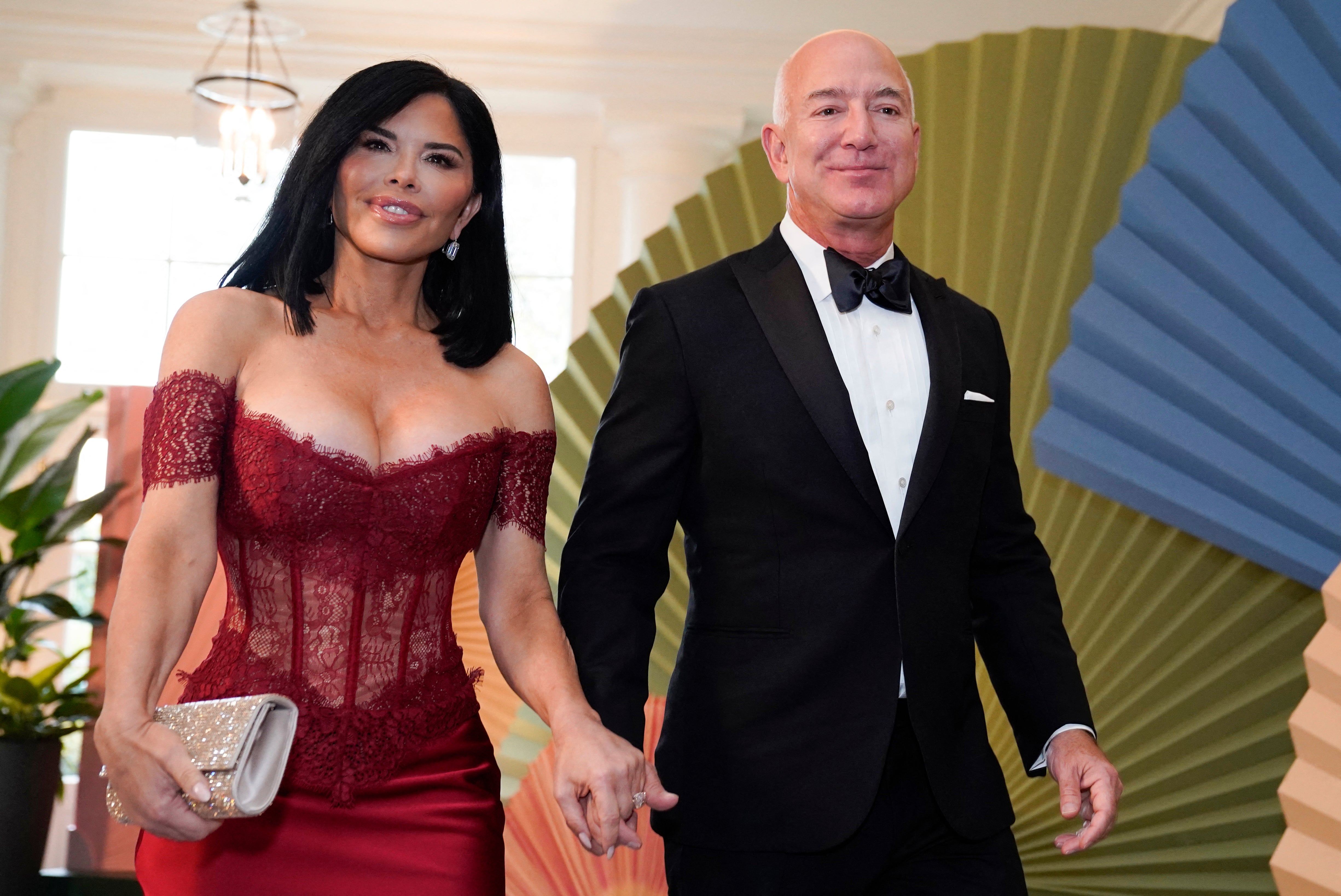
The Washington Post editorial board will not be endorsing a candidate for president this year, nor will it do so in any future election, the newspaper announced on Friday.
The decision generated backlash from many who expected the Post to endorse Harris, who is locked in a statistical dead heat with Donald Trump, according to national polls — especially after its endorsement of Joe Biden in 2020 that called on voters to “expel the worst president of modern times.”
In a column on Friday, publisher and CEO Will Lewis wrote that this was the Post going back to its original policy of not endorsing presidential candidates, noting that it only began making endorsements in 1976.

“We recognize that this will be read in a range of ways, including as a tacit endorsement of one candidate, or as a condemnation of another, or as an abdication of responsibility,” Lewis wrote. “That is inevitable. We don’t see it that way. We see it as consistent with the values The Post has always stood for and what we hope for in a leader: character and courage in service to the American ethic, veneration for the rule of law, and respect for human freedom in all its aspects.”
According to the Post, editorial page staffers at the venerable Washington, D.C., paper had a Harris endorsement written and ready to publish when Bezos, the billionaire founder of Amazon who bought the Post in 2013 for $250 million, issued the edict to spike it. This was confirmed by at least two Post staffers who spoke to the Columbia Journalism Review, with one newsroom insider saying two board members, Charles Lane and Stephen W. Stromberg, had drafted the endorsement over the course of several weeks, and that at one point, there were worries the piece might not see the light of day. However, as recently as a week ago, editorial page editor David Shipley assured the editorial board that everything was moving ahead as planned, because “this is obviously something our owner has an interest in.”
Unlike the cowards at the Washington Post, The Onion proudly made its presidential endorsement weeks ago.https://t.co/0fGipl9yHW
— Tim Onion (@oneunderscore__) October 25, 2024
“We thought we were dickering over language — not over whether there would be an endorsement,” one of the Post staffers told CJR.
“This is cowardice, with democracy as its casualty,” former Post editor-in-chief Marty Baron fumed on social media after Lewis’s announcement appeared on the paper’s website. “@realdonaldtrump will see this as an invitation to further intimidate owner @jeffbezos (and others). Disturbing spinelessness at an institution famed for courage.”

Others expressed similar feelings, with MSNBC opinion editor Jarvis DeBerry slamming Bezos, along with Los Angeles Times owner Patrick Soong-Shiong, who earlier this week blocked his own paper from making an endorsement this year, as having displayed “billionaire cowardice.” Some 2,000 readers have thus far canceled their subscriptions to the Post, and about 1,300 LA Times subscribers have canceled, Semafor reported. The phrase “anticipatory obedience” began making the rounds on X, the former social network known as Twitter. “If the Washington Post can’t meet the moment of the fascist march, then their slogan ‘democracy dies in darkness’ is simply that, a slogan,” one user wrote.
Reaction in the newsroom was “uniformly negative,” reported NPR, which said Post editor-at-large Robert Kagan resigned from the editorial board in protest. Bezos, who Trump has publicly attacked over what he considered negative coverage in the Post, has “major contracts” with the federal government, in, among other areas, aerospace and tech, NPR noted. It said Bezos hired Lewis for his “conservative bona fides,” and that part of the appeal was Lewis’s “ability to get along with powerful conservative figures.”
Trump’s rallies have long included a segment during which he rails against the news media, calling the press the “enemy of the people,” and inviting attendees to jeer the reporters among them. During this campaign cycle, Trump has ramped up his anti-media rhetoric, vowing to revoke the major networks’ broadcast licenses.
After endorsing Gen. Dwight D. Eisenhower in 1952, the Post decided it would cease doing so. In 1976, when it endorsed Jimmy Carter for president, it explained it was reacting to an extraordinary circumstance, Richard Nixon. It then made endorsements in every presidential election from there, save for 1988, when it sat out the race between Democrat Michael Dukakis and George H.W. Bush.







